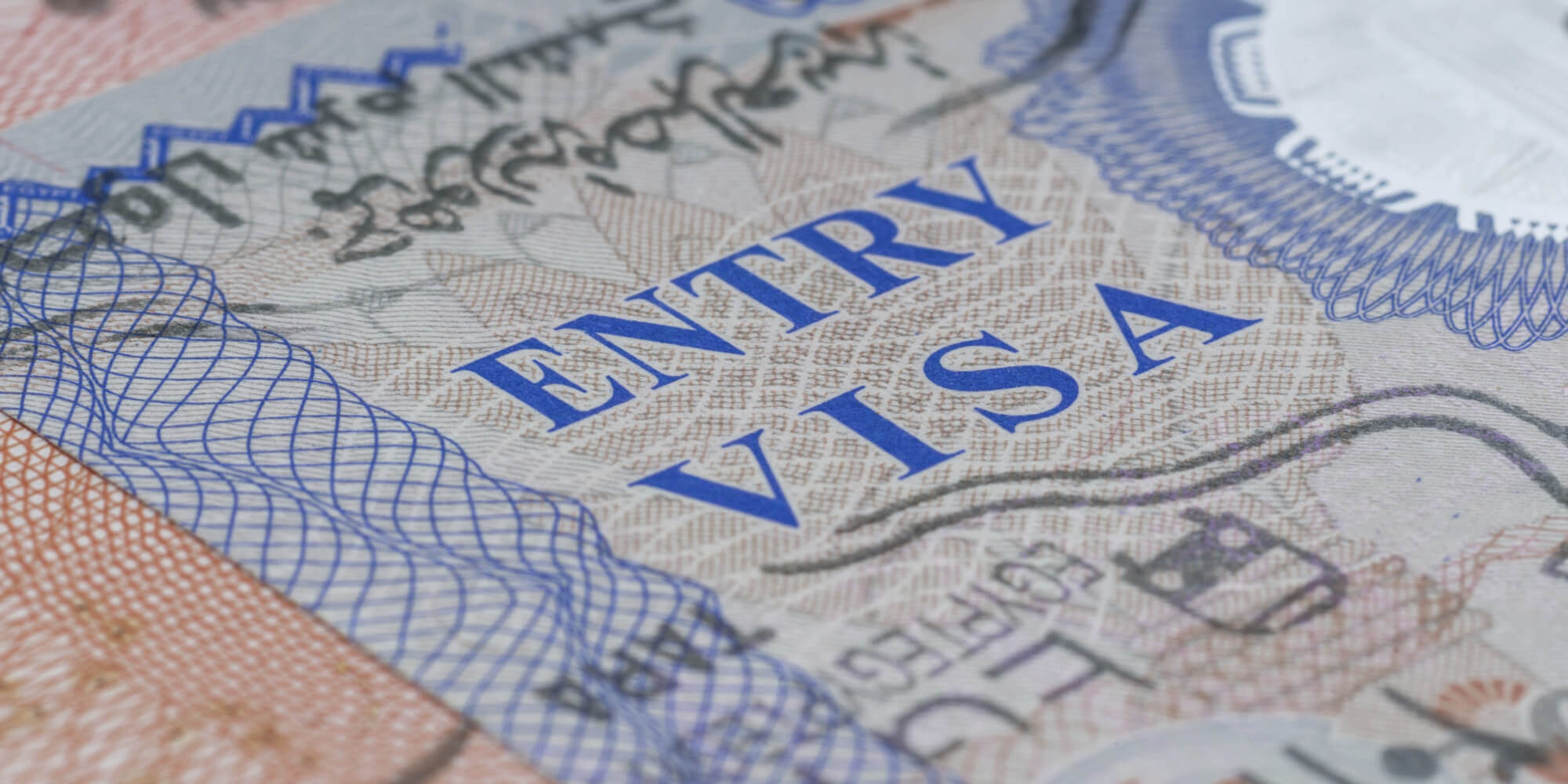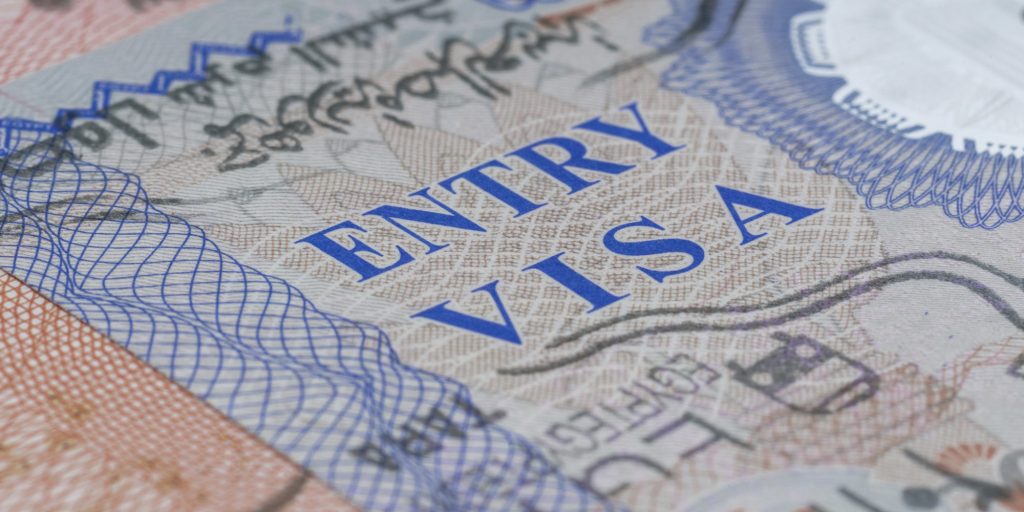The United States lifting travel ban – what it means for rest of the world

After 20 months of restrictions, early November 2021 marks a significant moment for international air travel: it will be when the USA lifts its travel ban on travellers from 33 countries.
Each passenger must be fully vaccinated and have a negative Covid test taken within 72 hours prior to arrival, but the move is a major step towards the pre-pandemic way of life.
Here is what you can expect from the new US travel entry system, depending on where you live.
The details of the ban reversal
The current ban means that only US citizens, their immediate families, green card holders and those with national interest exemptions (NIE) are permitted entry if they have been in the UK or EU in the previous 14 days.
Now, though, anyone from these countries, and a few others, can enter providing they have the vaccine and a negative test. The new policy will also allow for exceptions, including children who are not yet eligible for a vaccine.
Passengers will still have to comply with a tracing order from the US Center for Disease Control and Prevention (CDC). For this, they will need to provide a contact number and email address once they arrive, as well as other data that the government hasn’t yet announced. This will help authorities track Covid cases and hopefully prevent the spread of the virus.
The lifting of the ban will apply to all 50 US states and travellers will be able to pass freely among them, as they could before the ban. They also won’t have to quarantine on arrival, which is good news for those who want to hit the shops in New York or visit the casinos in Las Vegas right away, a welcome change after being restricted to virtual casinos for the last 20 months.
Read Also: WhatsApp, Instagram and Facebook face major global outage
The reason the changes won’t take effect straight away is to give airlines and travel partners time to implement them, and five to six weeks is likely to be enough for them to do this.

The aviation industry welcomed the news, with the International Air Transport Association describing it as ‘a major step forward’. Shares in British Airways parent company IAG SA rose 11.2%, while Air France KLM and Lufthansa both recorded 5%-plus increases.
UK and Schengen countries
The Biden administration has stressed that science has been the reasoning behind the lifting of the ban, yet the reversal happened at a convenient time for the relations between the USA and Europe.
President Biden was about to meet several European leaders at the UN general assembly in New York, where he would have faced pressure to implement the changes. There’s also tension over the Aukus submarine deal, which the US negotiated without France’s knowledge and caused Paris to recall its US ambassador.
The EU and the UK began to allow vaccinated US travellers back into their borders without quarantines in July to help business and tourism. The US reversal could also be recognition of that, although the Delta variant has led to the EU reimposing some restrictions.
Other beneficiaries
Away from Europe, other nations have benefited from the changes, with some surprising inclusions. A diplomatic row between the US and China hasn’t stopped Chinese travellers from being welcomed back, while falling cases in India seems them given the green light, too.
The US also announced that travellers from Iran would also be permitted to enter, a stark contrast from the days of Donald Trump who included the nation in an emphatic Middle East travel ban before the pandemic.
Other countries to benefit from the changes are Brazil and South Africa, both of whom have many citizens with family in the USA.
Countries that stay on the banned list
There are some countries that stay on the US red list, however. Russia is a prominent inclusion, as relations between the two countries remain hostile. The US embassy to Russia still recommends that its citizens don’t travel there due to possible ‘terrorism threats’ and ‘harassment from security officials’. It appears that this is reflected in the US’s acceptance of Russian air passengers.
Countries on the European continent, but not in the EU, may be next on the list to be accepted. The likes of Norway, Ukraine and Serbia meet certain Covid protocols but miss out by not being part of the European bloc.
Apart from air travel, the Biden administration has caused controversy at home for a different kind of travel ban. Land borders into the country are still closed, meaning that Mexican and Canadians are unable to enter in this way, although they can fly into the US depending on the certain conditions. The land ban is having a huge impact on border communities, many of which have businesses that rely on an open border to survive.
Source: California New Times
Oral Ofori is Founder and Publisher at www.TheAfricanDream.net, a digital storyteller and producer, and also an information and research consultant.





